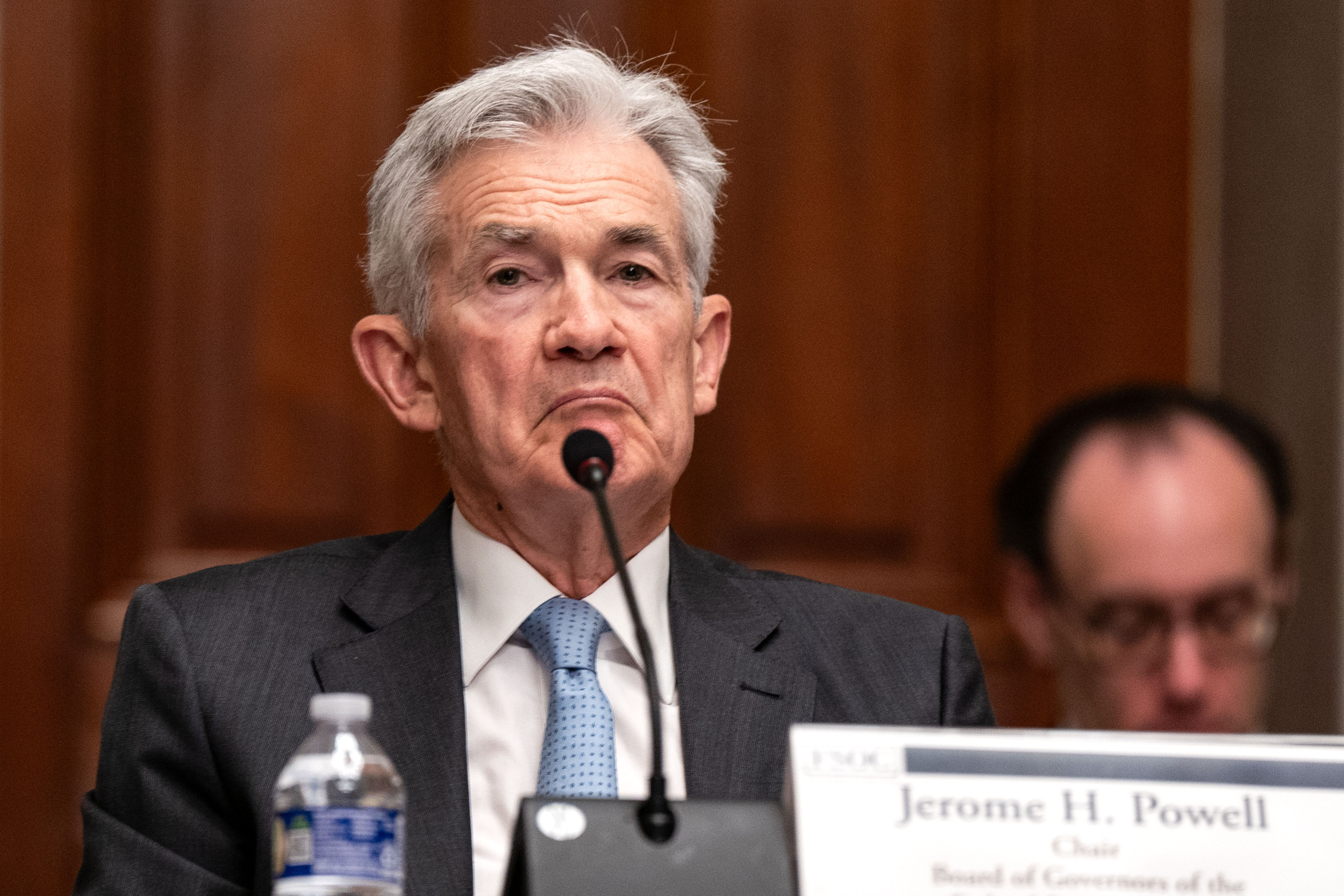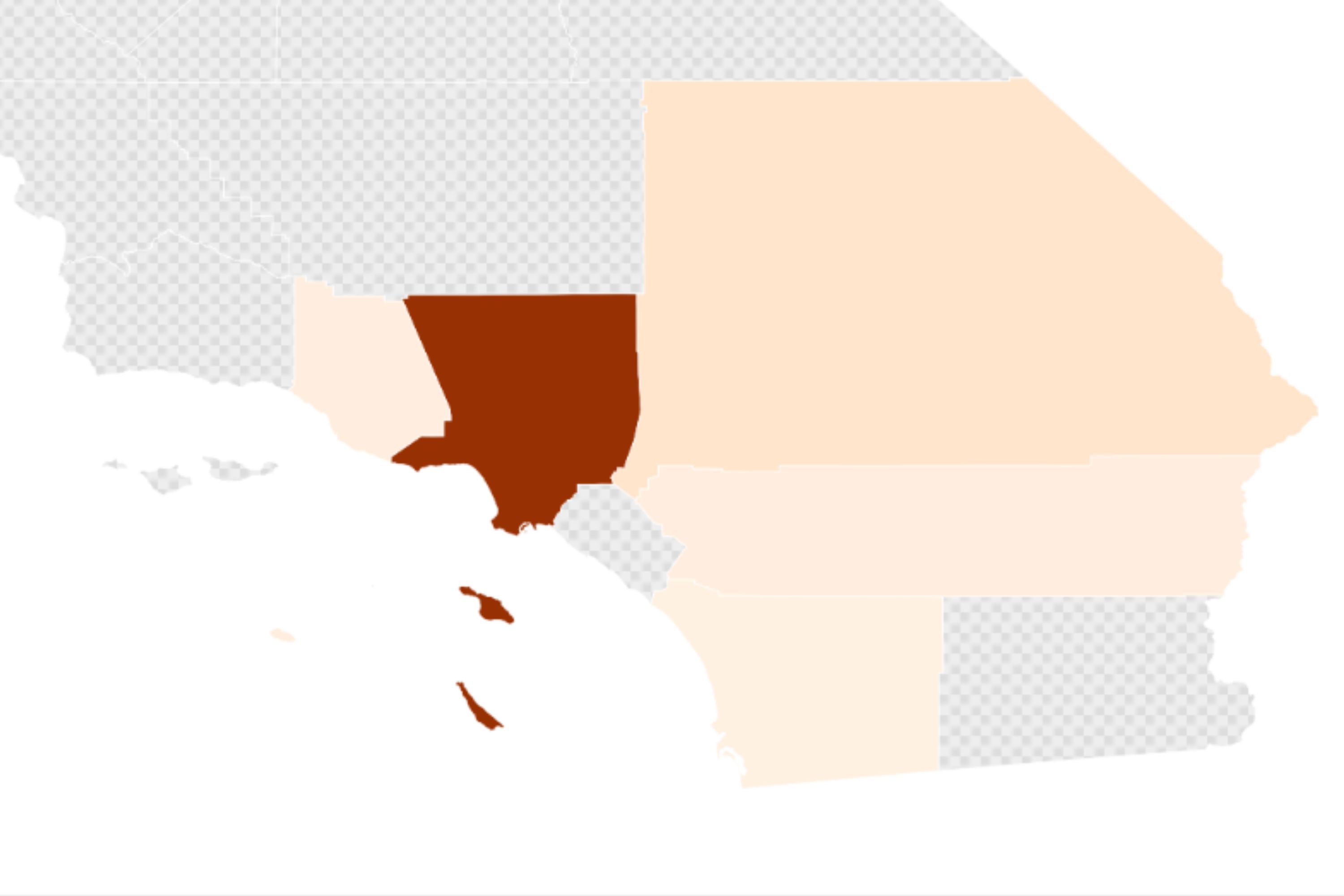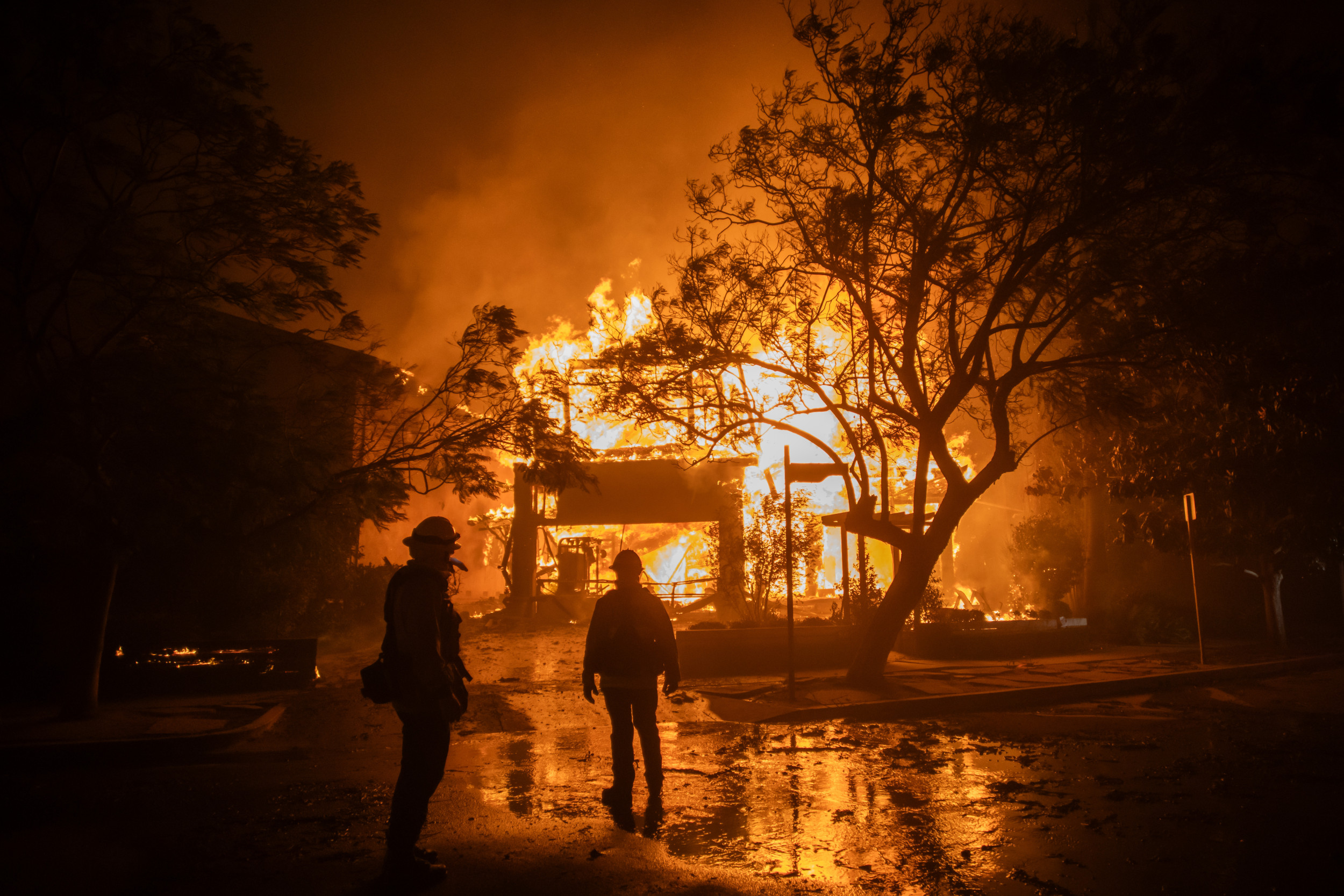Donald Trump has filed a friend-of-the-court brief in an upcoming Supreme Court case in which the president-elect asks the court to delay a new law banning TikTok in the U.S. unless its Chinese owners sell it.
The new law is due to come into effect on January 19, the day before Trump is to be inaugurated as president, and he wants to be in power when it comes into force.
Newsweek sought email comment on Monday from the Trump transition team.

Why It Matters
The Supreme Court, to which Trump nominated three conservative members, may refuse his request to delay the introduction of the new law. This could set up the first major clash between Trump and the Supreme Court, which now has a 6-3 conservative majority.
What To Know
On December 18, the Supreme Court announced that it will hear social media platform TikTok's challenge to a new law that will force its Chinese parent company to sell the popular social media site.
The new law will give parent company ByteDance nine months to sell TikTok, given Congress' concerns about the Chinese government harvesting U.S. users' information.
The Supreme Court is hearing the case on an expedited calendar, with oral arguments on January 10.
TikTok has asked for a delay in the case. In his briefing, Trump strongly backs TikTok's request.
Trump's amicus, or friend-of-the-court brief, is an expert opinion typically submitted for one side of a legal dispute.
New York University law professor, Stephen Gillers, told Newsweek that the Supreme Court may refuse to consider Trump's friend-of-the-court brief.
Gillers said that, under Supreme Court rules, if Trump's brief is refused, he could ask the Justice Department to file its own brief to the court just two days later.
Writing on the Substack blog site on December 30, Stephen Vladeck, a law professor at the Georgetown University Law Center in Washington, D.C., stated that Trump's intervention could cause long-term damage to the relationship between the presidency and the Supreme Court.
Vladeck objected to Trump's Supreme Court brief, written by John Sauer, Trump's nominee for solicitor general.
Vladeck wrote that the court may take exception to Sauer's "ridiculous puffery," in which he calls Trump "powerful," "commanding" and "resoundingly successful."
Newsweek sought email comment from Sauer on Monday.
What People Are Saying
Law professor Stephen Vladeck wrote on Substack: "This kind of ego-stroking, navel-gazing writing in the government's briefs ... will have significant (and, in my view, significantly deleterious) long-term implications for the government's relationship with the Court."
Greg Germain, a law professor at Syracuse University in New York, told Newsweek: "Given both TikTok's legal and Trump's political arguments for a stay, I suspect the Court will stay the law rather than deciding the merits on an expedited basis. But the Court will probably do so by granting TikTok's request to avoid expedited review, rather than taking a position on Trump's political arguments."
Law professor Stephen Gillers told Newsweek: "If the court does not wish to hear from him now, it can refuse his request. If it does, he can instruct his Justice Department to offer its views two days later. I doubt the court will refuse to hear what the president has to say on such a consequential matter, either before or after he takes office."
What Happens Next
The Supreme Court will hold oral arguments on Jan. 10, which will likely be a good indication of where the justices stand on the issues.
The court may have decided by then whether it will accept Trump's brief.




.png)















 English (US) ·
English (US) ·